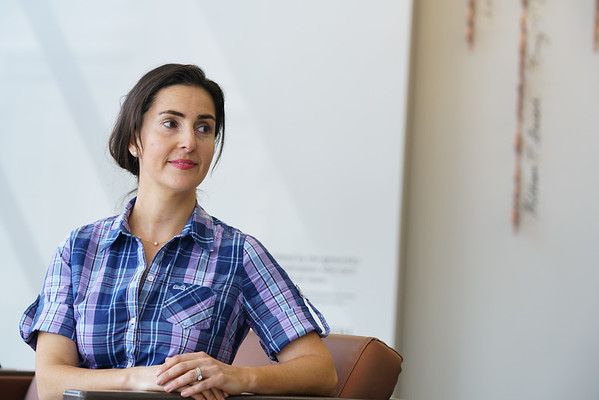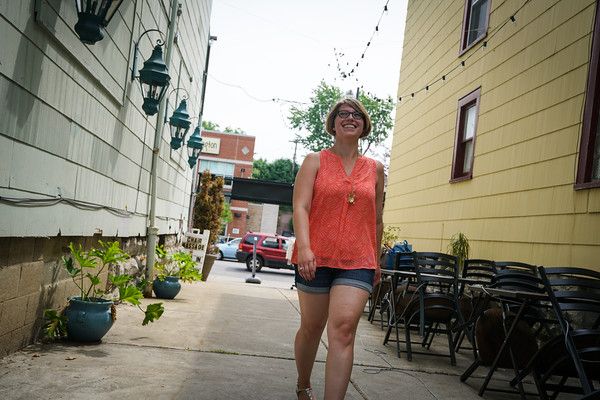As a young adult cancer patient, I craved a sense of normality.
Going to work every day helped me maintain my routine, and for 8 hours, I tricked myself into believing nothing was out of the ordinary. Working as close to full-time as my doctor’s appointments and immune deficiency allowed actually kept me very distracted. It was a key coping mechanism. I loved being around co-workers who saw me for who I was, and not as a sick person. Being around them fueled my will to persevere.
Together we made plans for future projects; supervisors gave me important, long-term assignments that they counted on me to see through. These “normal” actions proved that my co-workers believed I was going be okay. It gave me the confidence to believe it myself. These small acts made a huge difference, and I can never thank them enough.
On the flip side, there were those outside of my immediate work group who didn't get it. I liked them under normal circumstances, but in cancer world, they irritated me. These were the people who would greet me with the empathy-filled “How are you doing?” It's a harmless question under normal circumstances, but now it's a trigger for my fight-or-flight response. Inside I wanted to scream, “Seriously, how the heck do you think I’m doing?"
Never miss another Cancer Talk blog!
Sign up to receive our monthly Cancer Talk e-newsletter.
Sign up!The last thing I wanted to do was talk about it more than I had to. It was a reality I was trying to escape while I was at work. Instead, I would respond with a big smile: “I’m great; how are you?” As if I weren't standing before them bald, gaunt and drained. This was my defense mechanism, and I hoped they would take a hint.
Surprisingly, even after treatment, and for a couple of years after my recovery, I would still be asked, “How are you doing?" in that tone of voice that grated on my nerves. But now it irritated me for different reasons. How long till people forget I was sick and start seeing me as healthy again? Am I forever to be seen as sick?
My advice to co-workers of cancer patients: don’t make “How are you doing?” the first or second question you ask them. Remember, they are still the interesting people you knew before. Ask them about their hobbies, ask them if they caught the game last night, or just keep the conversation work-related. Chances are if you talk long enough, you’ll get an update on the cancer. But in the meantime, you’ll be giving them a chance to forget about being sick, if only for a few moments of their day. It will mean more than you could ever know.
Editor’s Note: Cancer patient outcomes and experiences may vary, even for those with the same type of cancer. An individual patient’s story should not be used as a prediction of how another patient will respond to treatment. Roswell Park is transparent about the survival rates of our patients as compared to national standards, and provides this information, when available, within the cancer type sections of this website.

